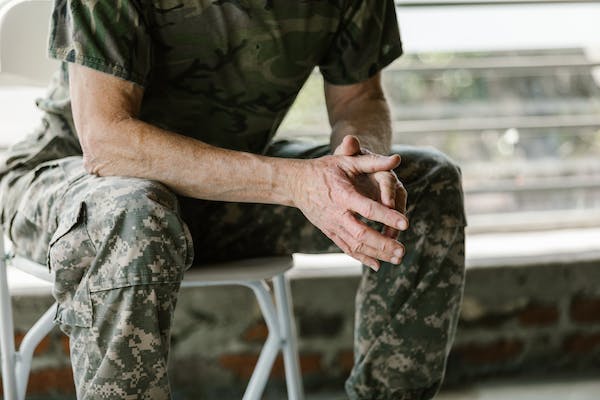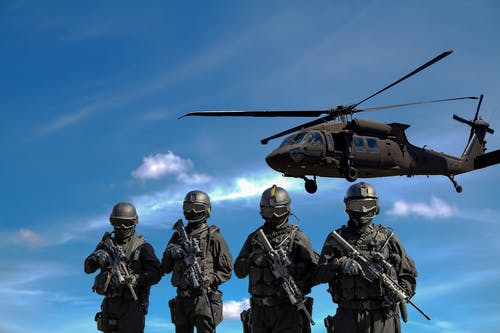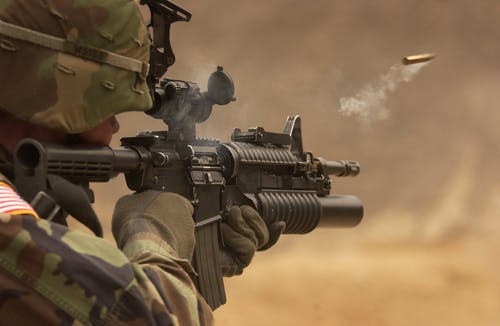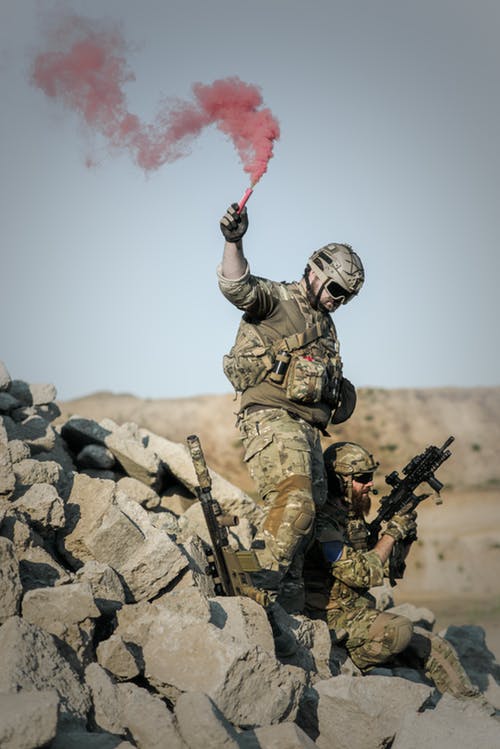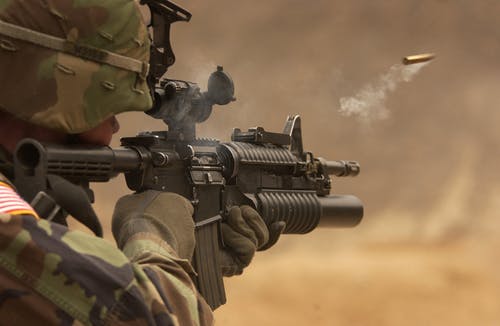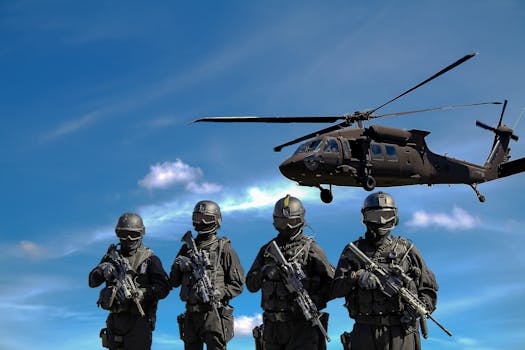Fighter pilots are a commonly romanticized profession, as for many, the idea of a daring, brave pilot with nerves of steel and a sense of invincibility is attractive. However, fighter pilots face an issue that is not often discussed: addiction. Addiction, such as alcohol, drugs, and even gambling, can ruin a person’s career, especially if they are a fighter pilot.
It’s no secret that being a fighter pilot is a stressful job, requiring the individual to perform complex duties with precision and accuracy. As such, many fighter pilots turn to substances like alcohol, drugs, and even gambling to cope with the pressures of the job. Additionally, fighter pilots are often exposed to the same stresses of life as normal people. These stresses can make an addictive person to spiral downward even further. Ultimately, this can cause physical and mental problems for the individual, making it even more difficult to perform their jobs.
Addiction can have many different effects on fighter pilots, both during their jobs and off the battlefield. Physically, consuming large amounts of substances can cause weight gain and impair physical coordination and vision. This can lead to hazardous flying accidents, as the pilot’s reflexes and accuracy are impaired. Mentally, addiction can also take its toll, as addiction often brings with it depression, mood swings, anxiety, and irrational behavior. All of these can make it difficult for a fighter pilot to stay focused and keep their cool in a highly pressurized situation.
The most dangerous consequence of addiction for fighter pilots is related to the safety of their missions. A clear head and the ability to have good judgment are necessary qualities for any aircraft pilot, and addiction has the potential to impair these elements. For example, a pilot on drugs or alcohol may not accurately process the information they are given or act in a suitable manner when faced with a quickly changing situation. This can be incredibly dangerous, as it could lead to a crash or an error in judgement that could potentially be fatal.
Having a fighter pilot who is dealing with addiction on active duty can be putting their team, their plane, and all of their own lives in danger. This is why it is so important for military powers to provide intervention and help for pilot suffering from addiction, so that they can receive the care and rehabilitation they need to get back on track.
It is also essential that fighter pilots take the necessary precautions to avoid falling into addiction in the first place. This includes creating healthy and positive coping mechanisms for dealing with stressors, like ensuring proper sleep, exercise and nutrition. It is also important to have friends and family members who can act as a support system and can offer assistance if needed. Being aware of the dangers of addiction is also essential to preventing its occurrence. By being aware, fighter pilots can take the necessary precautions and steps to protect themselves and their crew.




